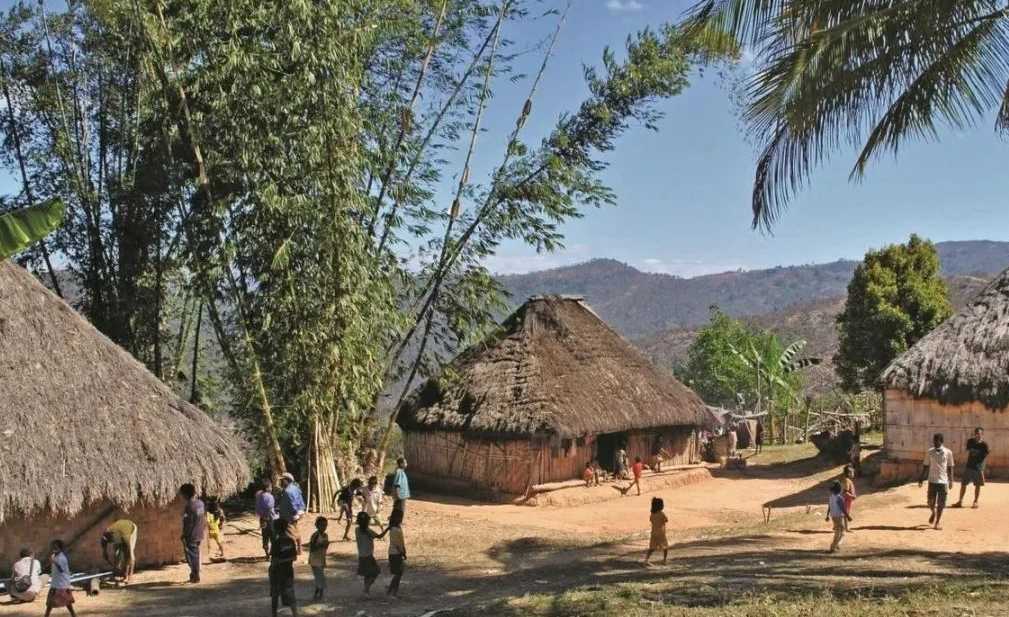
Across the globe, several nations grapple with extreme poverty, marked by abysmal GDP per capita, crumbling infrastructure, and dire living conditions. These countries, trapped in cycles of conflict, instability, and resource exploitation, struggle to meet even basic needs of their populations.
Afghanistan tops the list, with a GDP per capita of just $422 in 2024. Despite $1 trillion in mineral resources, decades of war—from Soviet occupation to Taliban rule—have left its economy in ruins. Over 90% of its people live on less than $2 a day, relying on aid to survive. Yemen, too, suffers profoundly: torn by civil war between government forces, Houthi rebels, and extremists, its GDP per capita is $486, with 80% of its 30 million people in extreme poverty, scavenging for food.
Syria, once a middle-income nation, now has a GDP per capita of $654 after years of war. Its infrastructure—ports, farms, and hospitals—lies in ruins, displacing millions. Myanmar, rich in jade and gems, sees GDP per capita at $1,200, crippled by ethnic conflicts and corrupt resource control, leaving 70% unemployed.
South and Central Asia tell similar tales. Pakistan, with 240 million people, has 25% living below the poverty line, surviving on under $100 monthly. Tajikistan and Kyrgyzstan depend on remittances (over 30% of GDP) from workers in Russia, as their economies stall amid corruption and political instability. Rural poverty here exceeds 40%, with winters bringing unaffordable heating costs. East Timor, reliant on foreign-controlled oil revenues, has a GDP per capita of $1,700, 70% unemployment, and no highways or railways.
These nations share common curses: conflict, weak governance, and external exploitation. Without stability, investment, and fair resource access, breaking free from poverty remains a distant dream, leaving millions trapped in hopelessness.





